“Inflammation” is a word that’s mentioned quite a bit but not many people know what it means, let alone how to prevent it and treat it should they have it.

Put simply, inflammation acts as the body’s first responder – it is the response of the body’s immune system to stress, Desiree Nielsen, registered dietitian and author of Un-Junk Your Diet, explains.
READ MORE: Eating whole grains decreases colorectal cancer risk, processed meats increase risk: report
According to Nielsen, there are two types of inflammation: acute and chronic.
In most cases, however, when inflammation is mentioned, the chronic type is usually being referenced.
“Chronic inflammation represents a loss of the balance between tolerance and action in the immune system – because for your immune system to operate properly, it needs to know when it really needs to act, and when it needs to hang back when it’s not a big deal,” Nielsen says. “Usually it’s the immune system that’s very confused by some aspect of modern living. So chronic stress is a very under-rated source of chronic inflammation in the body, and it has a very real physical impact on us.”
Chronic inflammation has been linked to ailments like diabetes, obesity and heart disease, among others, Nielsen points out.
It can be triggered by lifestyle, infection or environment, but perhaps the biggest trigger, Nielsen says, is diet.
“Maintenance of stable blood sugars and avoiding that blood sugar roller coaster will help with inflammation,” Nielsen says. “Making very high glycemic choices and ones that spike blood sugars and keep a high level of blood sugar circulating in the blood tends to promote chronic inflammation.”
READ MORE: 5 high-fibre foods that help fight constipation
Another diet trigger of inflammation is the types of fats one consumes, Nielsen adds.
“Eating a lot of saturated fats, Omega 6 fats – which we also find in meats and animal products, as well as the vegetable oils like sunflower oil – will do this,” Nielsen reveals. “These types of fats are also really prevalent in junk foods and processed foods. When eaten in excess, it can promote more pro-inflammatory pathways, whereas monounsaturated fats – like avocado oil, extra virgin olive oil and Omega 3 fats – those tend to promote anti-inflammatory pathways.”
So what are some other foods that promote anti-inflammation that one can easily incorporate into their diet? Nielsen has a few suggestions.

Get weekly health news
1. Fermented food and probiotics
When talking about fermented foods and probiotics, think plain unsweetened yogurt, kombucha, and kimchi, Nielsen says.
“They’re kind of a natural piece of the anti-inflammatory arsenal,” she says. “They introduce beneficial bacteria into the system – not in a way that is therapeutic, but more as a prevention and general anti-inflammatory. So that is tackling inflammation from the gut.”
According to Nielsen, these types of foods bring that anti-inflammatory component to the gut bacteria while also helping to calm the immune system within the gut.
2. Dark leafy greens
Kale, spinach, chard and broccoli are just some of the many dark leafy green vegetable examples that can help with inflammation,
“They’re incredibly nutrient dense and are very nutritious foods,” Nielsen says. “But they’re also very high in certain antioxidants and anti-inflammatory vitamins, like vitamin A. It helps to control oxidative damage, which can lead to inflammation.”
Nielsen says these types of foods are also high in vitamin K, a less discussed vitamin that has great anti-inflammatory properties. It also helps with heart health and bone health, Nielsen adds.
3. Berries
It doesn’t matter what type – strawberry, blackberry, blueberry or whatever – berries are another great food that fights inflammation, Nielsen says.
“All fruits are wonderful and are part of an anti-inflammatory diet, but berries have some particular importance in anti-inflammatory nutrition,” she says. “In the fruit world, they actually have a very moderate impact on blood sugar. So even people with blood sugar issues – like those with Type 2 diabetes – are very well suited to eat berries daily.”
Berries are also very high in fibres, which help feed beneficial bacteria to target inflammation at the gut level, Nielsen adds.
“They also all contain flavonoids, which are phytochemicals that are very strongly associated with protecting against chronic inflammation,” she says.
4. Turmeric
Turmeric is a golden-coloured spice that is native to Southeast Asia but can be bought here in Canada. It is also part of the ginger family, and it is also what gives curry its colour.
“This is one of the best researched, but also a befuddling anti-inflammatory,” Nielsen says. “The reason why is because the main component is called curcumin. In lab studies, it has shown remarkable anti-inflammatory capacity… and the consumption is associated with lower levels of cancer prevention and Alzheimer’s disease.”
But when humans eat turmeric, Nielsen explains that the spice is not very “bio-available,” meaning humans don’t actually digest and absorb the spice into our circulation very well, so humans have to consume a lot of it.
“But we’re also learning now that perhaps, part of how it works is through the gut,” Nielsen says. “So by not being digested or absorbed might be happening because it has a bit of a prebiotic effect on our gut bacteria – so feeding beneficial bacteria. But the compounds may also be interacting with the gut level immune system as opposed to having a huge amount of activity when in the blood.”
5. Beans and lentils
“They are a super un-trendy, un-sexy food,” Nielsen says. “But they are some of the healthiest food that people are still just not eating. For me, it’s kind of like a core component of an anti-inflammatory diet.”
Beans and lentils, Nielsen explains, has plant-based protein and come packed with tons of fibre and their carbohydrates are very slowly burned.”
That fibre feeds beneficial bacteria in the gut and they contain minerals which really help calm inflammation, Nieslen says. And – depending on their colour – can also contain anti-inflammatory markets in the blood. Examples include black beans and kidney beans.





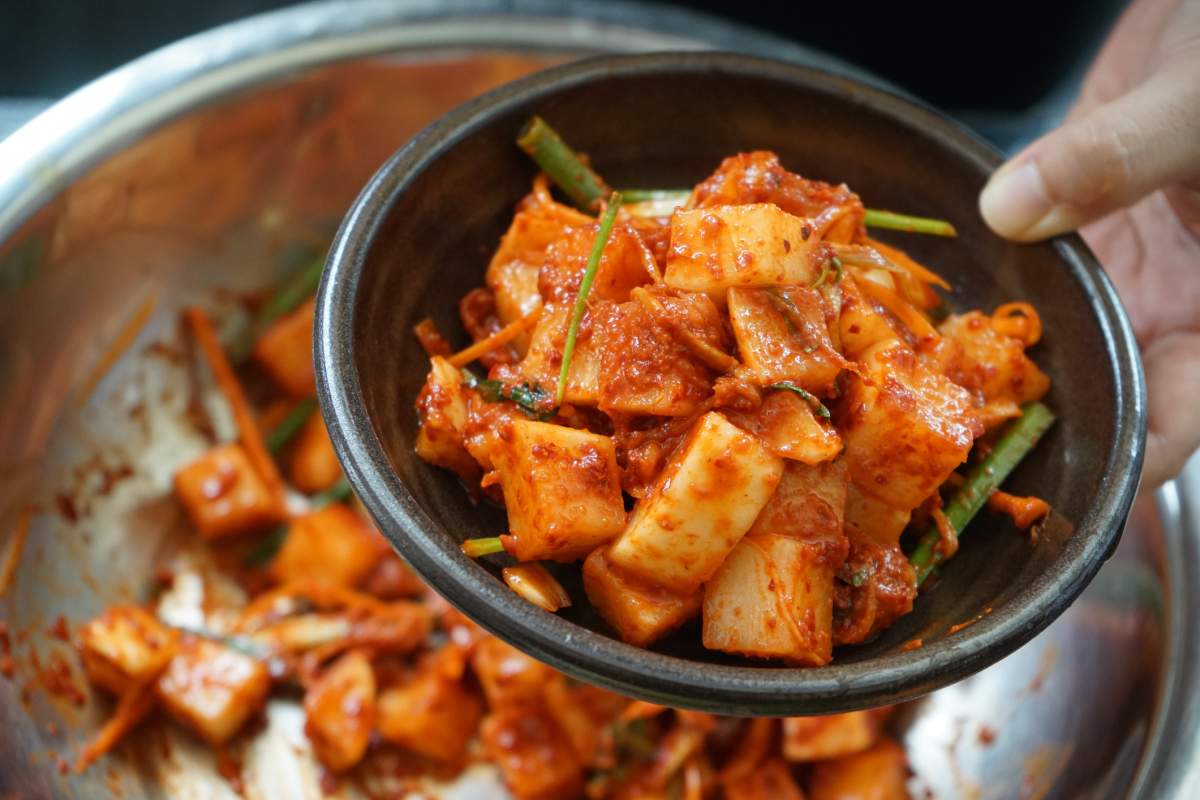
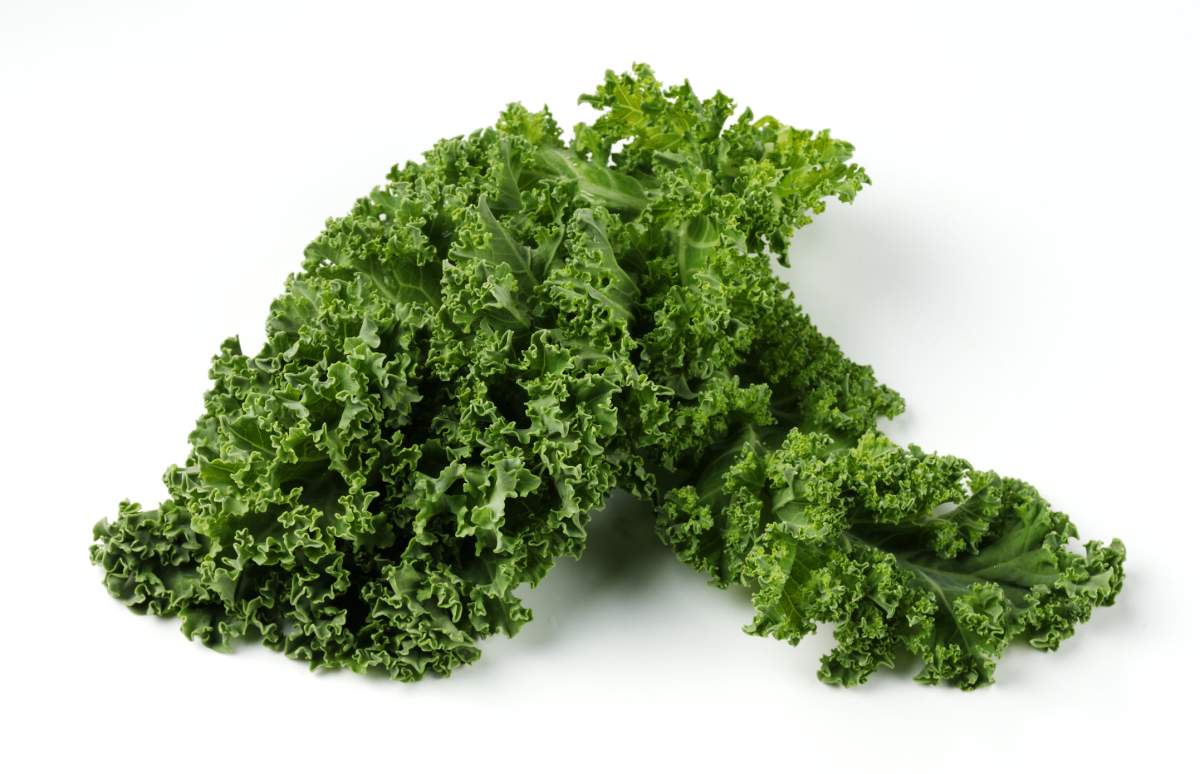
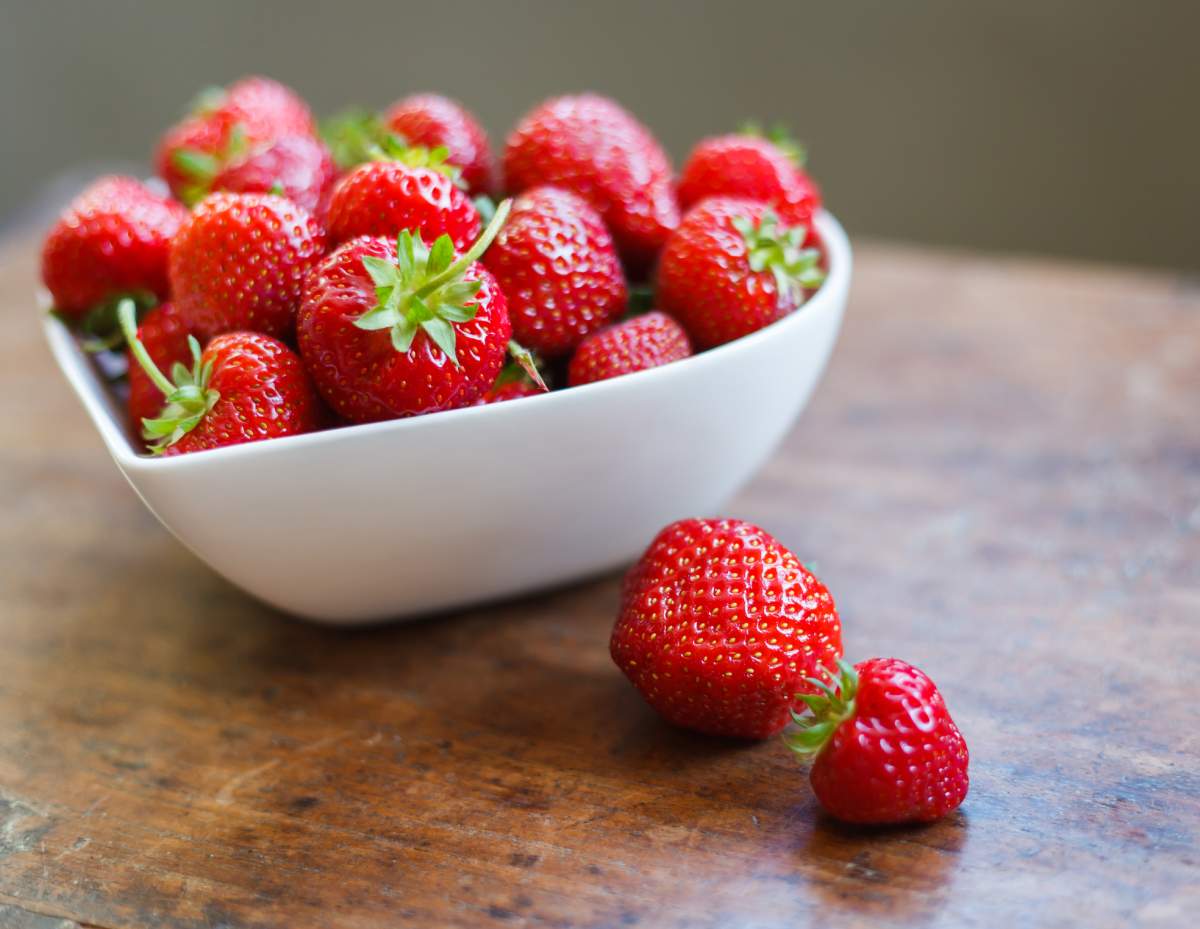


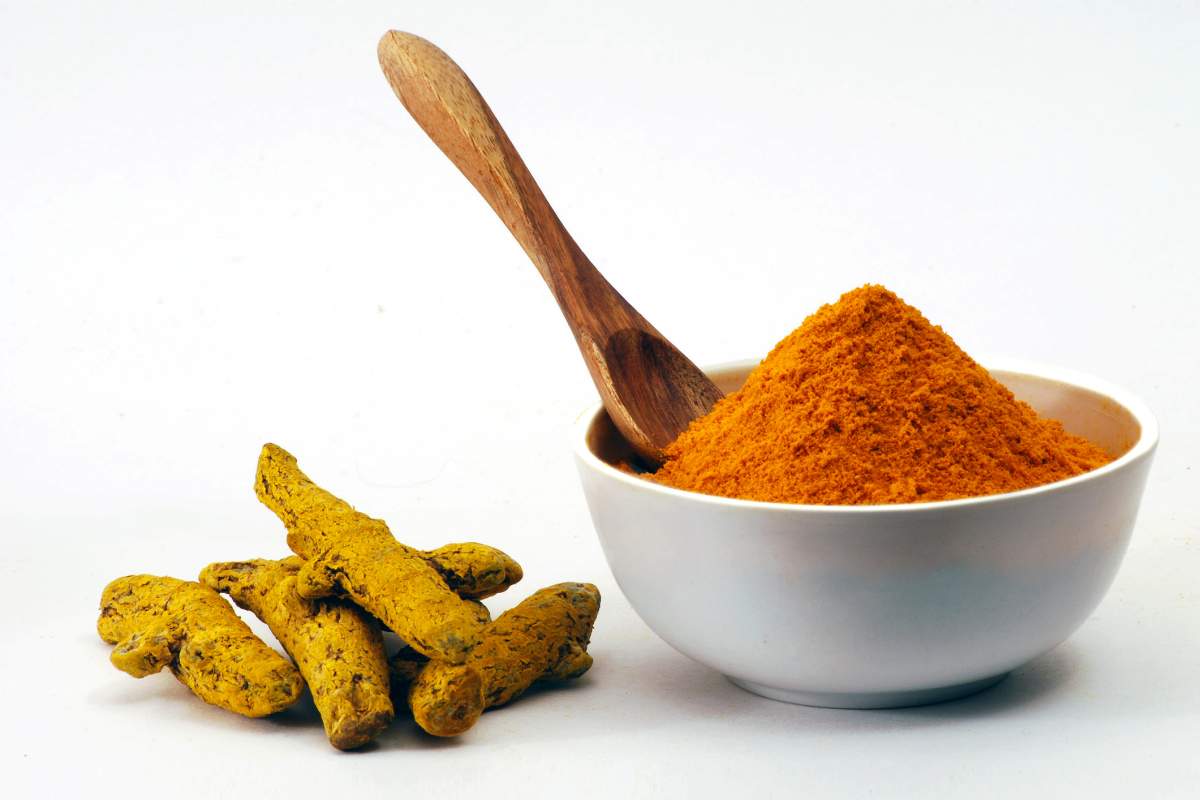
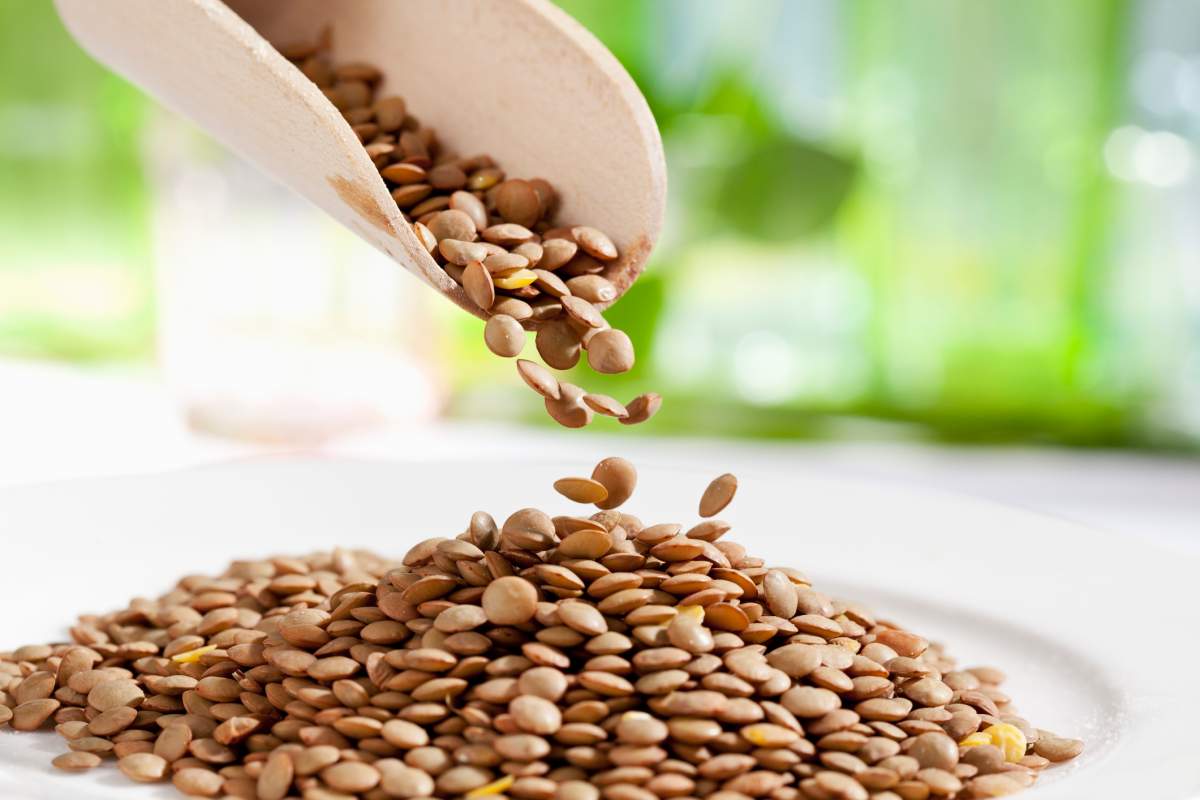
Comments
Want to discuss? Please read our Commenting Policy first.